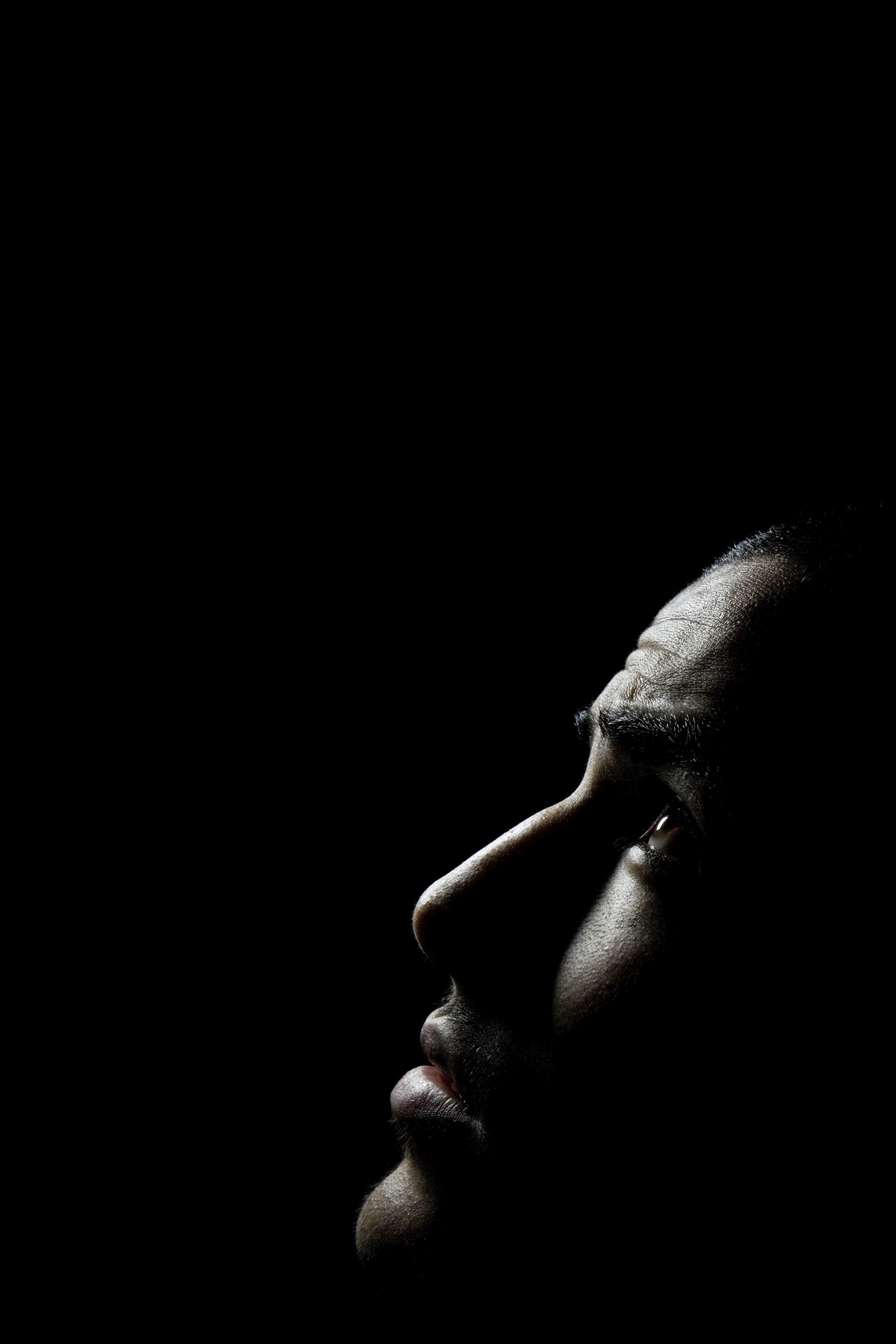
(This content is being used for illustrative purposes only; any person depicted in the content is a model)
Author: Justin Mckibben
Is there a cure for addiction? Anyone who has felt the pain of addiction, or witnessed the suffering of a family member or someone they love, there is of course that hope deep down that there is an answer; a solution that will save their life and remove their difficulties.
In this age of innovation and technology we have an incredible amount of information at our disposal, constantly. Scientific and medical advancements have never happened so fast, and we have created a whole new way to share information. There is almost no task or technique that we cannot learn through blogs and online videos. And in the world of instant everything it only makes sense that we want a quick and effective solution.
So even when it comes to the more difficult obstacles we are struggling to overcome, we often hope to find an easy answer. Sadly, science and technology have not yet found a cure for addiction, by the strictest definition.
What is a cure?
When looking for the answer to “is there a cure for addiction” we should look at a few strict definitions associated with the question.
-
Cure
A cure is defined as the end of a medical condition. A cure has also been referred to as the substance or procedure that ends the medical condition, such as:
- Medication
- A surgical operation
- Change in lifestyle
- A philosophical mindset
Any of which that helps end a person’s sufferings.
So if we look at that definition from the beginning, is there an end to addiction? Well first, take into account the difference between an end and a remission.
-
Remission
Remission is a temporary end to the medical signs and symptoms of an incurable disease. But what is an incurable disease?
-
Incurable disease
This is an illness where there is always a chance of the patient relapsing, no matter how long the patient has been in remission.
So is addiction an incurable disease?
-
Addiction
Let us look at the definition of addiction as provided by the American Society of Addiction Medicine (ASAM), which states:
“Addiction is a primary, chronic disease of brain reward, motivation, memory and related circuitry. Dysfunction in these circuits leads to characteristic biological, psychological, social and spiritual manifestations. This is reflected in an individual pathologically pursuing reward and/or relief by substance use and other behaviors.
Addiction is characterized by inability to consistently abstain, impairment in behavioral control, craving, diminished recognition of significant problems with one’s behaviors and interpersonal relationships, and a dysfunctional emotional response. Like other chronic diseases, addiction often involves cycles of relapse and remission. Without treatment or engagement in recovery activities, addiction is progressive and can result in disability or premature death.”
Based on this analysis, addiction does qualify as an incurable disease because addiction is chronic, progressive and relapsing. However, it is important to note relapse is not a requirement. With any incurable disease relapse is a possibility, but it can also be avoided.
Don’t give up yet, because an essential part of the recovery process is relapse prevention.
Recovery is Remission for Addiction
While there may be no cure for addiction per-say, there is treatment. Various programs and support groups have been specifically designed to put an active addiction into remission. So when we talk about recovery from addiction, a program of recovery is essentially how you can effectively treat addiction.
As much as we wish there was a magic medicine that would make it disappear, science has yet to accomplish this.
The closest thing to the definition of a “cure” is that there are usually ways to implement a change in lifestyle and/or philosophical mindset that put an end to the symptoms of addiction. The fact that the definition of a “cure” acknowledges the power of lifestyle and mindset is a tremendous thing.
In a comprehensive treatment program for addiction the hope is to not only separate the individual from the substance through a safe medical detox, but also to address the deeper issues. After all, drugs and alcohol are only symptoms themselves; there are much more powerful components at play, which is why there is no magic pill.
There is a Solution
Addiction is an affliction that is very personal, even though thousands upon thousands of people struggle with it every day. It may be similar somehow, but it is also intensely intimate. There is no “one size fits all” answer to it. Even programs that have a consistent outline will admit there is no monopoly on recovery. Yet, there is a solution; active recovery.
That is exactly why the holistic approach utilized by facilities like Palm Partners is designed so each individual can create a personalized recovery plan to help them find what path they will take toward an effective solution. Part of that is powerful and supportive relapse prevention.
We want you to be actively engaged in your recovery, or that of your loved one, so that you can have the change in lifestyle and/or mindset that will change everything. Through holistic healing, cognitive behavioral therapy and various forms of personal development we hope to help you find your solution.